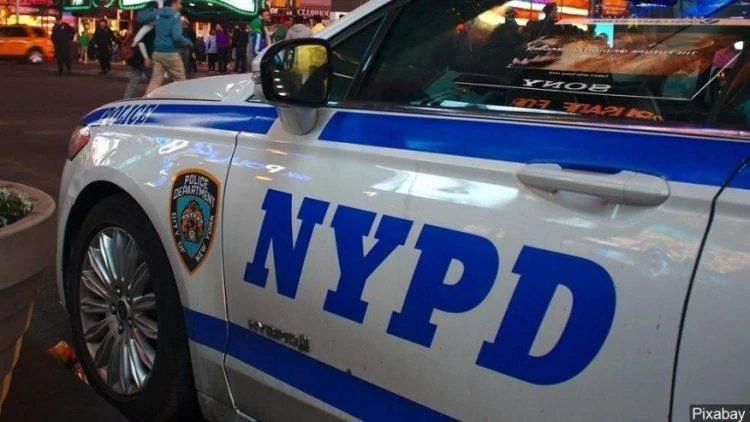
Of the 120 or so undercover officers in the Organized Crime Control Bureau, which runs most of the department’s undercover operations, there is widespread dissatisfaction among the ranks, according to interviews with nearly a dozen current or recently retired detectives, including several assigned to undercover units.
About 40 undercover officers or detectives have pending requests to be transferred out, said one police official in Brooklyn who works with undercover officers, and who spoke on the condition of anonymity.
Michael J. Palladino, the head of the detectives’ union, said, “Once you’re in, there’s no way out.”
The job generally attracts young officers with three to five years of experience. After an interview process, which involves a role-playing component, applicants undergo a month of training, including crash courses on street drugs, and lessons on how to affect the mannerisms of an addict.
Most candidates tend to be black or Hispanic; police officials say that many minority drug dealers are more likely to suspect white customers of being undercover officers.
The work is not glamorous. Their efforts are aimed at those who sell drugs or guns, making their jobs inherently dangerous.
They are constantly at risk of being robbed and have been killed by the suspects they hope to arrest; they even face the risk of being shot by fellow officers who occasionally mistake them for armed criminals.




